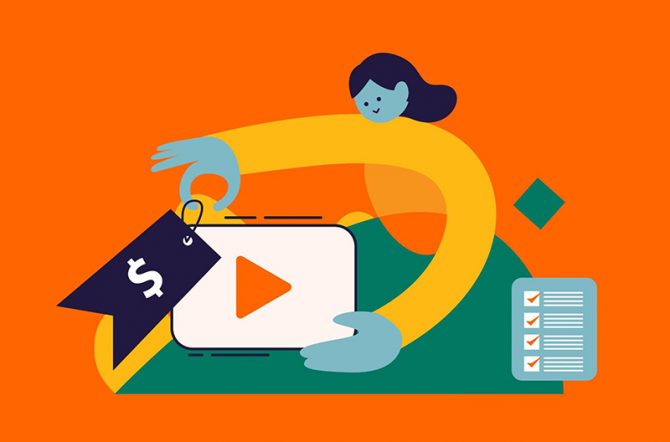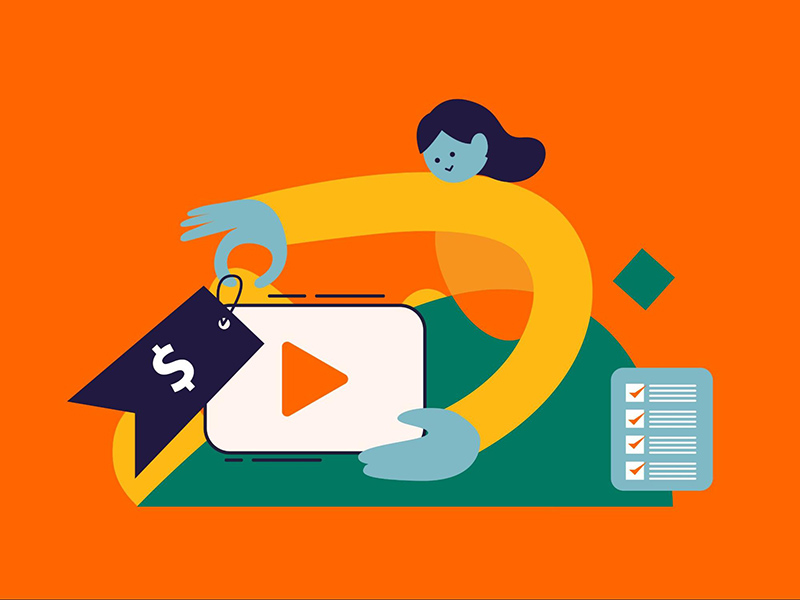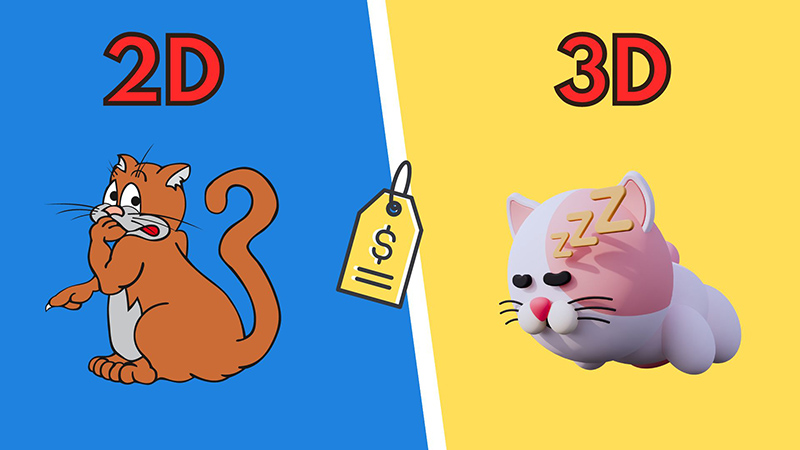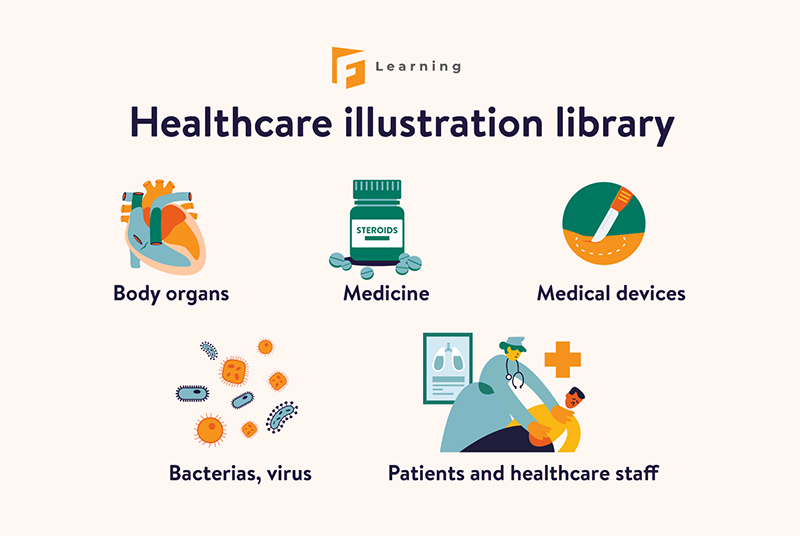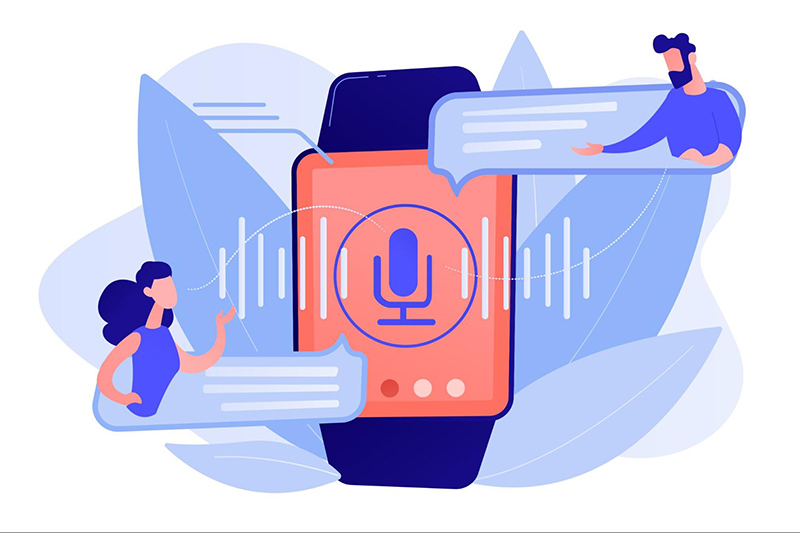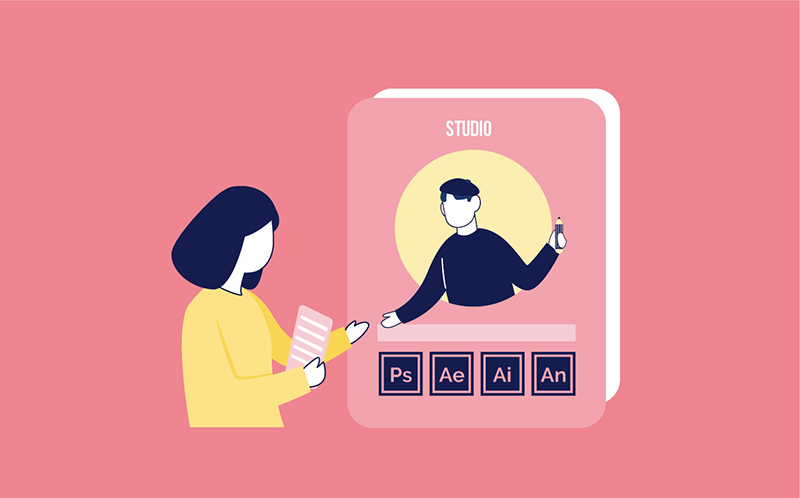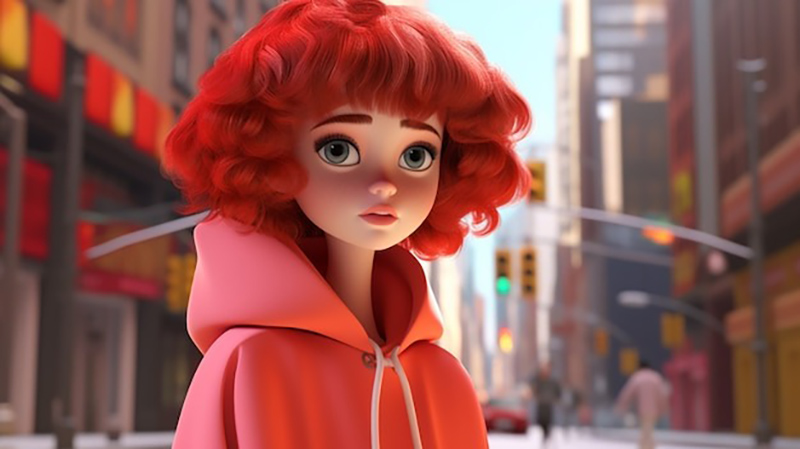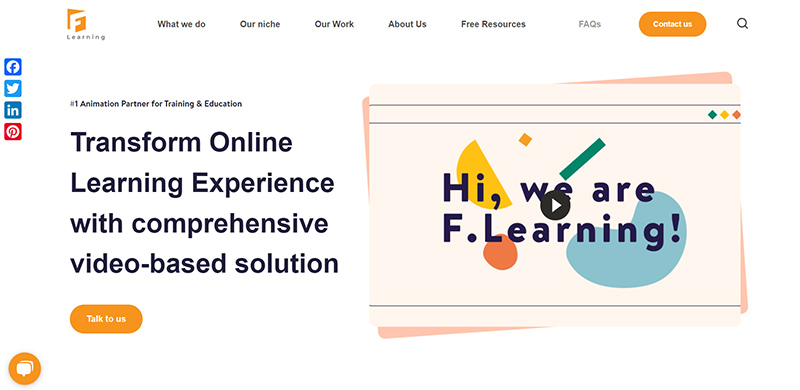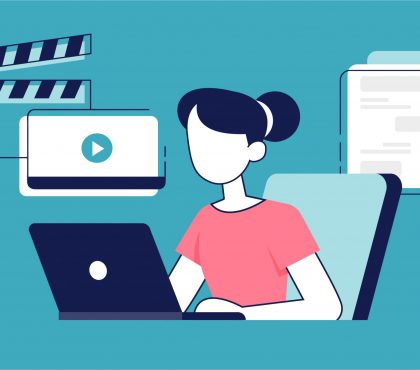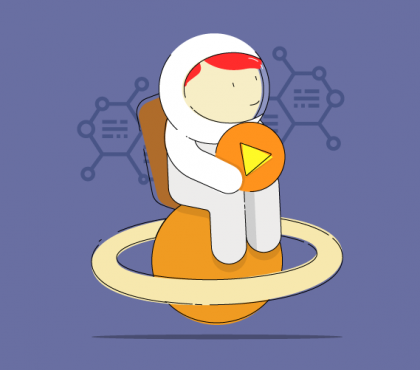Have you ever wondered “Why does animation cost so much”? The vibrant worlds, intricate characters, and captivating stories we enjoy in animated films and series may come with a hefty price tag. But why is that? This article will provide an in-depth analysis of 9 factors contributing to the high cost of animation.
Breaking Down 9 Factors Affecting the Cost of Animation
1. Animation Style
The style or type of animation is a major factor affecting the cost. For instance, whiteboard animation, often used for explainer videos, tends to be more budget-friendly. On the other hand, motion graphics, infographics, and stop-motion animation, frequently employed in marketing, can be pricier due to their complexity.
At the top end, 3-D animation stands out as the most expensive style. Its detailed, lifelike visuals require sophisticated software and extensive labor, making it a significant investment.
2. Duration and Number of Scenes
A typical advertising animation runs for 30 seconds to a minute, while explainer videos often last a bit longer. Animated movies, on the other hand, can range from 1 to 2 hours.
As you can imagine, the longer the animation, the more work is required, driving up the cost. More scenes mean more frames, which translates to more time and resources needed to bring the story to life.
3. The Level of Detail and Complexity
It’s the difference between animating a basic stick figure and a detailed dragon with shimmering scales and realistic fire-breathing effects. The more detailed and complex the animation, the more time and expertise it requires. This includes advanced techniques like 3D rendering, special effects, and realistic textures, all of which add to the overall expense.
4. Number of Characters
Each character requires design, modeling, and animation, which means more work for the animation team. For example, animating a simple scene with one character is much cheaper than creating a bustling city scene with dozens of unique characters interacting with each other. Essentially, more characters equal higher expenses.
5. Voice-overs and Audio
Many animated movies hire well-known actors to voice the main characters, which can significantly boost the budget. For example, Tom Hanks brought Woody to life in the Toy Story series, and Shah Rukh Khan voiced Mufasa in the Hindi version of The Lion King.
These big-name talents come with high price tags. Additionally, creating a rich audio experience with sound effects and music further adds to the cost.
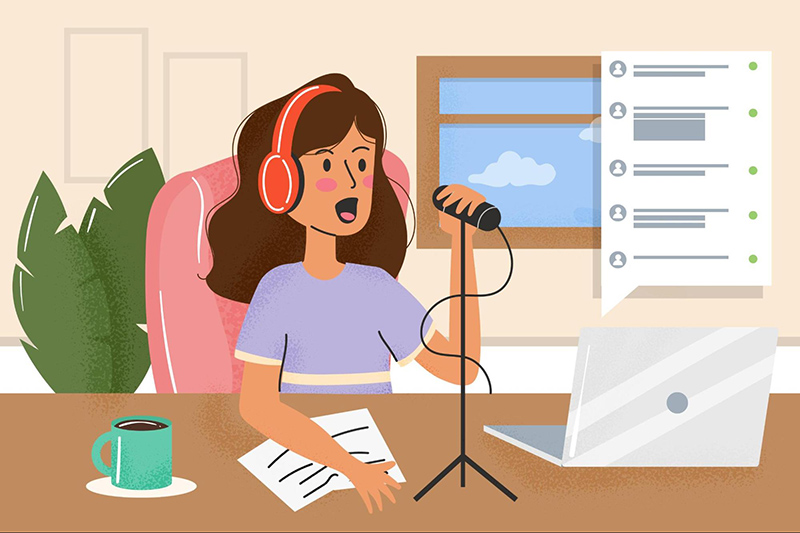
6. Animation Team and Talent
A skilled team of animators, storyboard artists, and directors contributes significantly to the price. Hiring experienced professionals ensures high-quality work but also increases costs. Additionally, collaborating with talented voice actors, composers, and sound designers incurs substantial fees.
7. Advanced Software and Technology
Professional 3D animation tools such as Autodesk Maya, 3ds Max, and Cinema 4D provide powerful features but come at a significant cost due to licensing fees.
Moreover, the hardware required to run these sophisticated programs efficiently, such as high-performance computers with powerful graphics cards and ample storage, also contributes to the expenses.
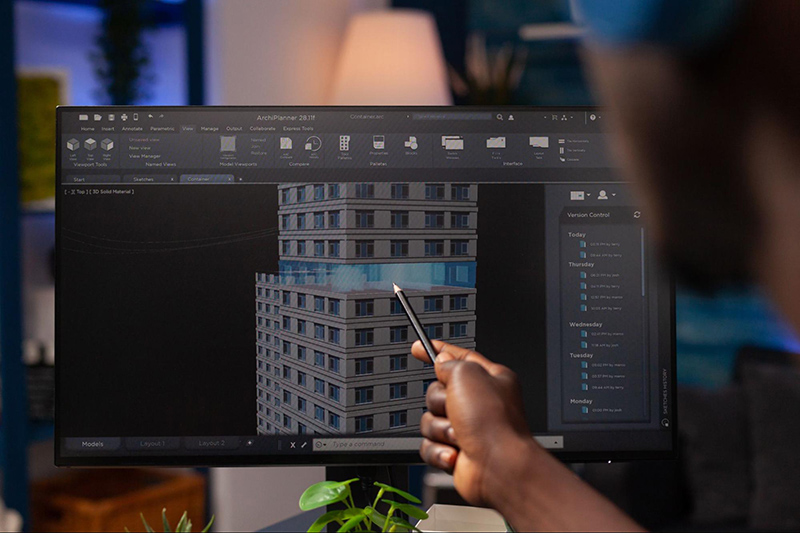
8. Licensing and Royalties
Licensing and royalties are crucial factors influencing animation costs, especially when using copyrighted characters or brands. Acquiring licenses to use specific intellectual property involves substantial fees upfront.
Additionally, ongoing royalties may be required based on the animation’s distribution and usage. For instance, featuring beloved characters such as Mickey Mouse or Spider-Man often entails negotiating with rights holders, which can drive expenses up significantly.
9. Quality Assurance
Quality assurance spans animation fluidity, character expressions, lighting consistency, and overall visual coherence. This process often requires multiple rounds of refinement to ensure that every detail is polished to perfection. Maintaining such high-quality standards requires investment but is crucial to enhance the overall impact and appeal of animated creations.
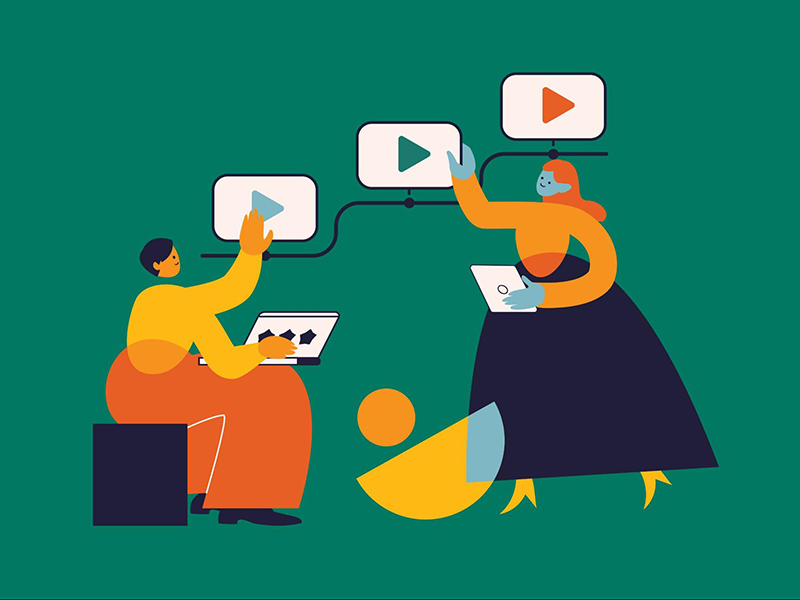
Read more: 3D Animation Is Harder Than 2D: Unveiling 6 Key Factors
Tips to Save Animation Cost
1. Simplify the Style
Opting for a clean and minimalist design not only reduces production time but also cuts down on labor-intensive tasks. Additionally, a simplified style can still be visually appealing and effectively convey your message. As a result, you can streamline the animation process, making it more efficient and cost-effective.
Why do you need fancy 3D animation if 2D still effectively explains complex medical topics, like the one produced by F. Learning Studio below:
2. Reuse Scenes and Assets
For new content, you can repurpose existing animation assets like character rigs, background templates, and 3D models from previous projects. Recycling assets can be cost-effective and time-efficient, whether crafting engaging social media posts, dynamic digital ads, or impressive visuals for trade show displays.
Additionally, leveraging stock asset libraries, like the one F. Learning Studio uses below, can provide a cost-effective foundation, allowing animators to build upon existing materials at a fraction of the cost.
3. Limit the number of scenes
Fewer scenes mean less time spent on design, animation, and rendering. Therefore, focus on essential scenes that drive your story or message, avoiding unnecessary complexity. This approach not only saves time but also cuts down on labor and resource expenses.
One effective way to reduce the number of animated scenes in a video is to combine animation with other types of video footage. To give you an idea, this is an example produced by F. Learning Studio, partnering with Geoff Lawton, a world-renowned permaculture consultant:
4. Focus on Key Details
Instead of creating intricate backgrounds or complex animations for every scene, allocate your resources to highlight essential elements that drive the narrative forward. You maintain quality while optimizing efficiency by focusing on key details like character expressions, important plot points, and impactful scenes.
5. Leverage AI Voiceover
Want to trim animation costs? Try leveraging AI for voiceovers! AI technology has advanced to where it can produce natural-sounding voices for characters and narration, saving on hiring professional voice actors. This not only cuts down expenses but also speeds up production timelines, as AI can generate voiceovers quickly.
6. Use Open-source or Affordable Software
Programs like Blender, Krita, and Synfig Studio provide robust features for creating professional-grade animations while keeping costs low.
Alternatively, subscription-based software like Adobe Animate or Toon Boom Harmony offers professional-grade tools at manageable monthly rates, ideal for smaller budgets. This strategy can help balance strong visual impact while keeping expenses in check.
7. Invest in Base Packages
To cut animation costs effectively, you should prioritize investing in base packages offered by animation studios. These packages typically include essential services aligned with your project timeline, avoiding extra expenses from unnecessary add-ons like excessive revisions or extensive scene reworking.

8. Choose A Versatile Animation Studio
Studios with a broad range of expertise like F. Learning Studio can handle multiple aspects of your project in-house, from storyboard to editing. This versatility reduces the need to outsource different parts of your project, saving both time and money.
Additionally, these studios often offer bundled services at a discounted rate, providing a cost-effective solution without sacrificing quality.
How Much Does Animation Cost Per Minute
Animation costs vary widely based on the provider’s scale and quality:
- Freelancers charge up to $300 per minute for 2D animation, while small studios may range from $1,000 to $30,000 per minute, depending on team size and complexity. At larger studios like Disney, budgets soar between $100,000 and $500,000 per minute for high-quality, hand-drawn animations.
- For 3D animation, freelancers can charge up to $3,000 per minute, small studios $10,000 to $30,000, and top-tier projects like “Frozen” can exceed $1.94 million per minute.
Misconceptions about the Cost of Animation
Some people might think freelancers can offer the same service more affordably. However, animation involves numerous specialized tasks like concept art, storyboarding, character design, animation, editing, and voiceover work. These require a team effort, not easily managed by one person, thus increasing costs.
Moreover, the cost of animation isn’t solely about video length but also the complexity involved. More intricate elements, even in shorter videos, can raise production expenses. Recognizing these complexities helps us understand the reasonable costs required for delivering high-quality animated content.
Looking for an animation studio to bring your ideas to life? Let’s explore:
- 12 Companies for 2D Animation Service to Drive Sales in 2026
- 10 Best 2D & 3D Animation Services for 2026 Success
- Top 16 Animated Videos for Businesses to Inspire Your Campaigns
Partner with F. Learning Studio to Create Your Animation
1. Offer Animation at an Affordable Price
At F. Learning Studio, we specialize in delivering top-notch animation solutions that fit your budget. Plus, our pricing ensures you get the best value for your investment.
For example, a complete 2D animation package typically costs between $2,000 to $25,000 per minute in the US. However, F.Learning can provide you with a much more affordable price, about $600 to $3000 per minute. Keep in mind that the ultimate price depends on your needs, so book us a call for a consultation.
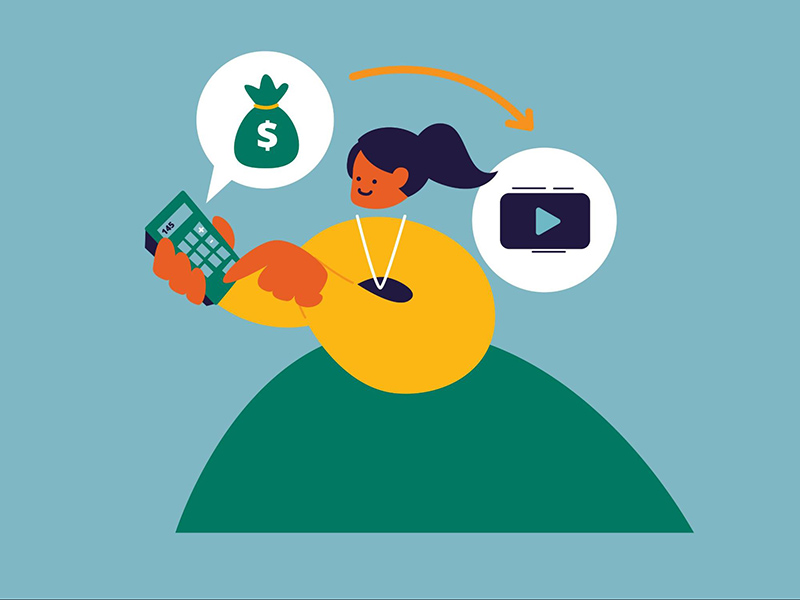
2. 8 Years of Experience Producing High-Quality Animation
F. Learning Studio has 8 years of experience crafting high-quality content for global clients such as Stanford University, WWF, and Child Mental Health. Our deep understanding across various industries allows us to deliver tailored animations that captivate and communicate effectively, whether it’s for educating, promoting, or entertaining.
3. Ensure Smooth Collaboration and Communication
We prioritize clear and open dialogue throughout the entire creative process, ensuring your vision is understood and executed flawlessly. By working closely together, we guarantee that your animation project reflects your unique ideas and exceeds your expectations.

Conclusion
So, why does animation cost so much? We hope you have found the answer in this article. Despite the high cost, the return on investment can cover the initial cost you invest in creating an animated video. And if you’re looking for one studio that offers both cost-effectiveness and high quality, F. Learning Studio is just a click away. Let’s chat and we can help you choose the solution that’s worth every penny of your budget.
- WhatsApp: (+84) 378 713 132
- Email: [email protected]
- Fanpage: https://www.facebook.com/f.learningstudio
- LinkedIn: https://www.linkedin.com/company/f-learning-studio/

Sean Bui, the founder and creative director of F.Learning Studio, is a respected leader in the e-learning and multimedia production industry. With over 10 years of experience, he has dedicated his career to helping organizations create engaging and impactful learning experiences.
Under his leadership, F.Learning Studio has grown into a trusted partner for organizations in the education, healthcare, and corporate training sectors, producing over 2,000 minutes of educational animation.

